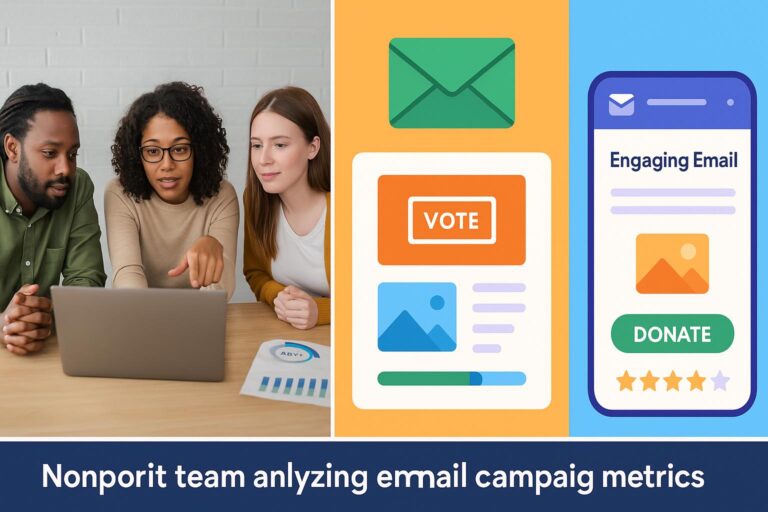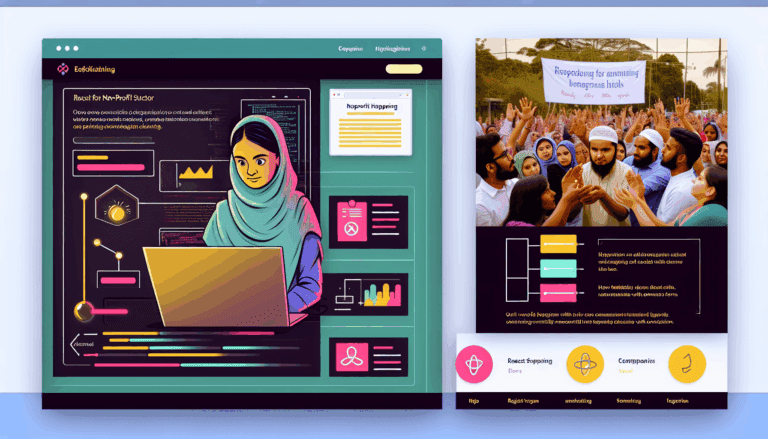In today’s competitive nonprofit landscape, capturing donor attention and inspiring action requires more than traditional outreach. Interactive storytelling has emerged as a game-changing approach, enabling organizations to deepen engagement, showcase impact dynamically, and foster lasting relationships with supporters. This post explores how nonprofits can harness this innovative strategy to elevate campaigns, connect emotionally, and drive sustainable fundraising success.
The Power of Interactive Storytelling in Nonprofits
Interactive storytelling transforms passive viewers into active participants. Unlike static narratives, it invites donors to explore stories through multimedia elements—videos, quizzes, maps, and personalized content—making the experience immersive and memorable. Such engagement not only captures attention but also builds empathy and trust, which are critical in motivating donations.
Why It Matters in Today’s Digital Age
With digital channels dominating communication, nonprofits must leverage tools that stand out. Interactive stories break through the noise by providing a personalized journey that resonates deeply. According to recent research, campaigns with interactive elements see higher engagement rates, longer page visits, and increased sharing, all of which amplify reach and impact.
Implementing Interactive Storytelling: Strategies and Best Practices
Successful integration requires strategic planning. Here are key tactics:
1. Define Clear Objectives and Audience Segments
Start with understanding what you want to achieve—be it awareness, volunteer sign-ups, or donations—and tailor the story to different supporter segments. Personalization enhances relevance and emotional connection.
2. Leverage Technology and Platforms
Choose platforms that support multimedia and interactivity—such as mobile-friendly microsites, social media features, or dedicated storytelling tools like Raconteur or Twine. Incorporate interactive maps, donor dashboards, and real-time updates to keep supporters engaged.
3. Craft Compelling, Authentic Narratives
Authenticity is key. Share real stories from beneficiaries, volunteers, and donors. Use visuals and multimedia to bring these stories to life, making supporters feel part of the journey.
Measuring Impact and Optimizing Campaigns
Analytics play a vital role in refining interactive storytelling efforts. Track engagement metrics: click-through rates, time spent, shares, and conversion points. Use A/B testing to optimize content and format, ensuring your stories resonate and inspire action.
Conclusion: Embracing the Future of Nonprofit Campaigns
Interactive storytelling offers nonprofits a powerful avenue to deepen supporter engagement, boost visibility, and increase donations. By integrating compelling narratives with innovative technology, organizations can forge stronger emotional bonds and stand out in a crowded digital space. The key is to start small, test, learn, and scale your storytelling efforts—what’s next is leveraging emerging tech like AR and VR for even more immersive experiences. Ready to transform your campaigns? The future of storytelling is interactive, and nonprofits that embrace it will lead the way.
—






